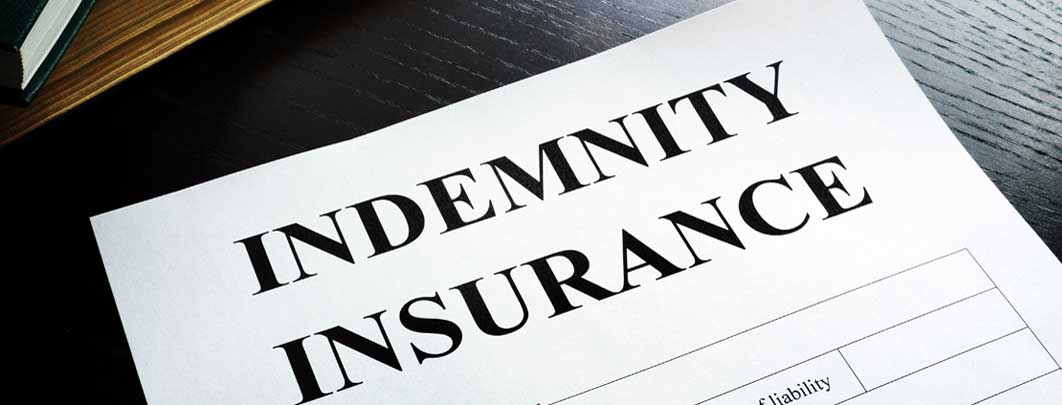Compensation that offsets a casualty or loss suffered by a policyholder. Typical forms of insurance indemnity include cash payments, replacement of identical or nearly identical parts or products, repair and reinstatement.

Indemnity may be paid by insurance companies when customers suffer loss covered under their insurance policy. If others are involved in the claim, it must first be determined why the loss occurred and whose fault it was before the responsible party’s insurer offers payment or another form of compensation.
Some life insurance policies also include a clause known as double indemnity, in which the insurance company agrees to pay the beneficiary twice the standard payout in case of accidental death.
Financial indemnity may be performed by one person for another when someone cannot fulfill their obligations. In effect, the second person agrees to cover the first person’s debt or debts through mutual, prior agreement. Loved ones often fulfill this function for one another when a close family member suffers hardship.
